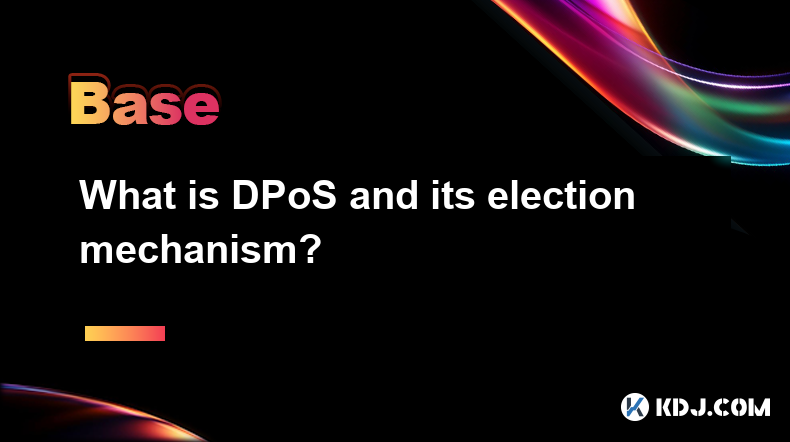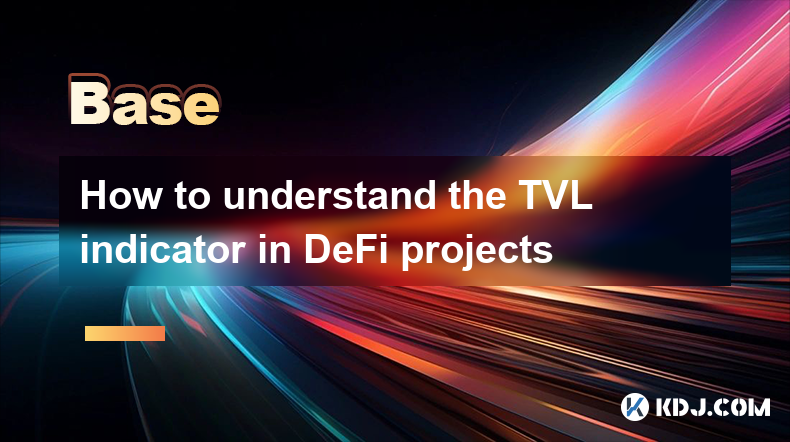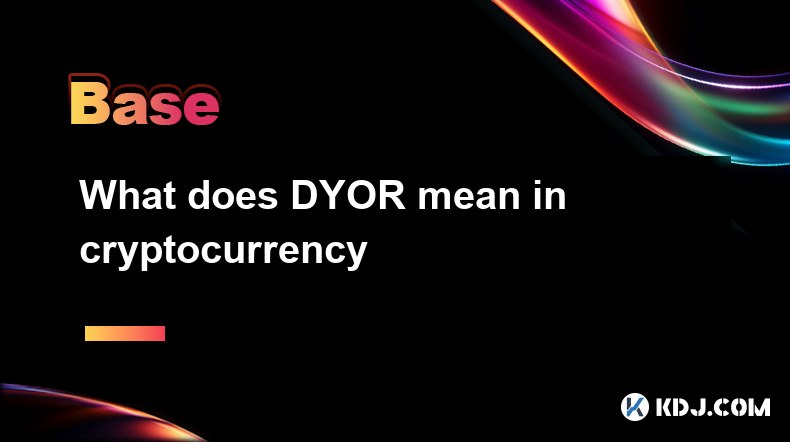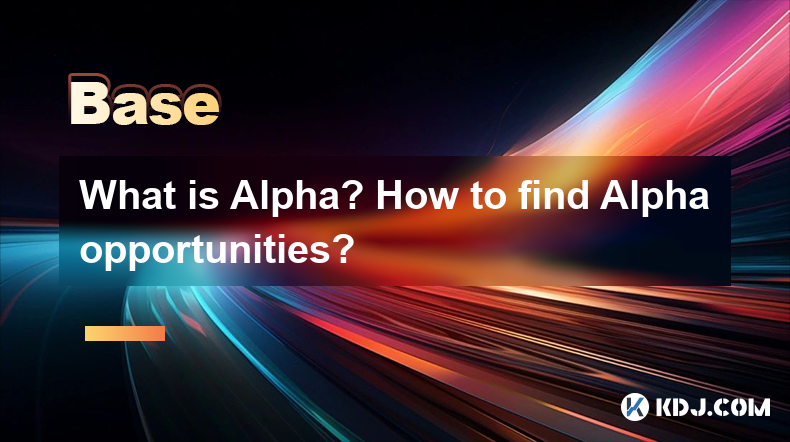-
 Bitcoin
Bitcoin $84,458.0914
0.91% -
 Ethereum
Ethereum $1,594.6498
1.40% -
 Tether USDt
Tether USDt $0.9997
-0.02% -
 XRP
XRP $2.0953
1.29% -
 BNB
BNB $585.8219
1.36% -
 Solana
Solana $133.4769
7.01% -
 USDC
USDC $0.9999
-0.01% -
 Dogecoin
Dogecoin $0.1563
2.13% -
 TRON
TRON $0.2445
-3.65% -
 Cardano
Cardano $0.6161
2.06% -
 UNUS SED LEO
UNUS SED LEO $9.4444
0.55% -
 Chainlink
Chainlink $12.4662
2.64% -
 Avalanche
Avalanche $19.2395
2.48% -
 Toncoin
Toncoin $2.9466
3.63% -
 Stellar
Stellar $0.2370
1.87% -
 Shiba Inu
Shiba Inu $0.0...01190
2.80% -
 Sui
Sui $2.0985
1.05% -
 Hedera
Hedera $0.1588
1.25% -
 Bitcoin Cash
Bitcoin Cash $330.6320
3.49% -
 Polkadot
Polkadot $3.6363
3.70% -
 Litecoin
Litecoin $74.7529
-0.92% -
 Hyperliquid
Hyperliquid $16.4922
10.38% -
 Dai
Dai $1.0000
-0.01% -
 Bitget Token
Bitget Token $4.3637
1.70% -
 Ethena USDe
Ethena USDe $0.9990
-0.02% -
 Pi
Pi $0.6051
-3.15% -
 Monero
Monero $217.1749
-0.79% -
 Uniswap
Uniswap $5.2140
1.44% -
 OKB
OKB $51.2977
-1.94% -
 Pepe
Pepe $0.0...07271
2.79%
What is DPoS and its election mechanism?
DPoS enhances blockchain efficiency by letting token holders vote for delegates who validate transactions, ensuring a democratic and scalable network.
Apr 08, 2025 at 11:21 am

What is DPoS and its Election Mechanism?
Delegated Proof of Stake (DPoS) is a consensus mechanism used in certain blockchain networks to achieve distributed consensus. Unlike traditional Proof of Work (PoW) or Proof of Stake (PoS) systems, DPoS leverages a voting system to select a limited number of nodes, known as delegates or validators, to validate transactions and produce blocks. This article will delve into the intricacies of DPoS and its election mechanism, providing a comprehensive understanding of how it functions within the cryptocurrency ecosystem.
Understanding DPoS
DPoS is designed to enhance the efficiency and scalability of blockchain networks. In a DPoS system, token holders vote for a set number of delegates who are responsible for maintaining the blockchain. These delegates are typically chosen based on their reputation, technical capabilities, and commitment to the network. The primary goal of DPoS is to ensure that the network remains decentralized while improving transaction speeds and reducing energy consumption compared to PoW systems.
The Role of Delegates in DPoS
In a DPoS network, delegates play a crucial role in the validation and creation of blocks. They are elected by the community and are responsible for processing transactions and adding them to the blockchain. The number of delegates can vary depending on the specific implementation of the DPoS system, but it is generally kept small to ensure efficiency. For example, in the EOS network, there are 21 active block producers at any given time.
The Election Mechanism of DPoS
The election mechanism in DPoS is a critical component that ensures the democratic selection of delegates. Token holders within the network have the power to vote for their preferred delegates. The voting process is typically continuous, allowing token holders to change their votes at any time. This dynamic voting system ensures that delegates remain accountable to the community and can be replaced if they fail to perform their duties effectively.
Voting Process in DPoS
The voting process in DPoS is straightforward but requires active participation from token holders. Here is a detailed breakdown of how voting typically works:
- Token Holder Participation: Token holders must actively participate in the voting process by casting their votes for preferred delegates. The number of votes a token holder has is usually proportional to the number of tokens they hold.
- Vote Weighting: Each vote is weighted based on the number of tokens the voter holds. This means that token holders with more tokens have a greater influence on the election outcome.
- Continuous Voting: Voting in DPoS is continuous, allowing token holders to change their votes at any time. This ensures that the delegate list remains dynamic and responsive to the community's needs.
- Delegate Selection: The delegates with the highest number of votes are selected to become active block producers. The exact number of delegates can vary, but it is typically set to a fixed number to maintain network efficiency.
Ensuring Fairness and Decentralization
To ensure fairness and decentralization in DPoS, several mechanisms are implemented. One such mechanism is the voting threshold, which prevents any single entity from gaining too much control over the network. For example, some DPoS systems set a maximum percentage of votes that any one delegate can receive, ensuring a more balanced distribution of power.
Another important aspect is the rotation of delegates. In some DPoS networks, delegates are rotated periodically to prevent long-term monopolies and to give other qualified candidates a chance to serve as block producers. This rotation can be based on a fixed schedule or triggered by specific events, such as a delegate failing to meet performance criteria.
Security and Incentives in DPoS
Security in DPoS is maintained through a combination of economic incentives and technical safeguards. Delegates are incentivized to act honestly because they are rewarded with transaction fees and, in some cases, newly minted tokens. However, if a delegate acts maliciously, they risk losing their position and the associated rewards.
Incentives for token holders to participate in voting are also crucial. Some DPoS networks offer additional rewards or benefits to token holders who actively vote, encouraging greater community engagement and ensuring a more robust and decentralized network.
Examples of DPoS in Action
Several cryptocurrencies utilize DPoS as their consensus mechanism. EOS, Tron, and Lisk are notable examples of networks that employ DPoS. Each of these networks has its own unique implementation of DPoS, but they all share the common goal of achieving efficient and decentralized consensus.
In EOS, for instance, the network uses 21 active block producers who are elected by token holders. These block producers are responsible for validating transactions and adding them to the blockchain. The voting process in EOS is continuous, allowing token holders to change their votes at any time, ensuring that the network remains responsive to the community's needs.
Challenges and Considerations in DPoS
While DPoS offers numerous advantages, it also faces certain challenges and considerations. One of the primary concerns is the potential for centralization. If a small group of token holders holds a significant portion of the network's tokens, they could potentially control the election of delegates, leading to a less decentralized network.
Another challenge is the reliance on voter participation. For DPoS to function effectively, a significant portion of token holders must actively participate in the voting process. If voter turnout is low, the network may become vulnerable to manipulation by a small group of active voters.
Frequently Asked Questions
1. How does DPoS differ from PoS and PoW?
DPoS differs from PoS and PoW in its approach to achieving consensus. While PoW relies on computational power and PoS relies on the amount of stake, DPoS uses a voting system to select delegates who validate transactions and produce blocks. This makes DPoS more energy-efficient and scalable compared to PoW, and it introduces a democratic element that is not present in traditional PoS systems.
2. Can anyone become a delegate in a DPoS network?
In theory, anyone can become a delegate in a DPoS network, provided they meet the network's requirements and receive enough votes from token holders. However, in practice, becoming a delegate often requires significant technical expertise, infrastructure, and community support.
3. How are delegates incentivized to act honestly in DPoS?
Delegates in DPoS are incentivized to act honestly through a combination of economic rewards and the threat of losing their position. They receive transaction fees and, in some cases, newly minted tokens for their services. If they act maliciously, they risk being voted out by the community, which would result in the loss of these rewards.
4. What happens if a delegate fails to perform their duties in DPoS?
If a delegate fails to perform their duties in a DPoS network, they can be voted out by the community. Some networks also have mechanisms in place to automatically remove underperforming delegates, such as performance thresholds or scheduled rotations. This ensures that the network remains efficient and secure.
Disclaimer:info@kdj.com
The information provided is not trading advice. kdj.com does not assume any responsibility for any investments made based on the information provided in this article. Cryptocurrencies are highly volatile and it is highly recommended that you invest with caution after thorough research!
If you believe that the content used on this website infringes your copyright, please contact us immediately (info@kdj.com) and we will delete it promptly.
- Bitcoin (BTC) to $300,000 Looks Unstoppable—Here’s the Chart Proof
- 2025-04-17 18:15:14
- On April 17, 2025, Jesse Pollak, a well-known voice in the Ethereum ecosystem, took to Twitter
- 2025-04-17 18:15:14
- Solinabot Records Over 2900 SOL in Processed Payouts on Telegram Since February Launch
- 2025-04-17 18:15:12
- Dogecoin (DOGE) May Transition to a Deflationary Model, Opening the Door to New Levels of Value
- 2025-04-17 18:15:12
- Fantasy.top: The Most Efficient and Entertaining Way to Do It
- 2025-04-17 18:10:12
- Superheaven haven't made music in 10 years, but they've been gaining prestige faster in recent years than they ever did
- 2025-04-17 18:10:12
Related knowledge

Analysis of the KYC process of cryptocurrency exchanges
Apr 17,2025 at 05:07pm
The Know Your Customer (KYC) process is a critical component in the operations of cryptocurrency exchanges. It serves as a regulatory measure to prevent fraud, money laundering, and other illicit activities. KYC procedures are designed to verify the identity of users and ensure compliance with financial regulations. This article delves into the various ...

What does Floor Price mean in the NFT market
Apr 17,2025 at 12:42am
The term Floor Price is a critical concept within the NFT (Non-Fungible Token) market, serving as a key indicator for both buyers and sellers. In essence, the floor price represents the lowest price at which an NFT from a particular collection is currently listed for sale on a marketplace. This price point is crucial for understanding the perceived valu...

How to understand the TVL indicator in DeFi projects
Apr 17,2025 at 03:28pm
Understanding the TVL indicator in DeFi projects is crucial for investors and enthusiasts looking to gauge the health and popularity of decentralized finance platforms. TVL, or Total Value Locked, represents the total amount of assets that are currently staked or locked in a DeFi protocol. This metric serves as a barometer for the trust and interest tha...

What does DYOR mean in cryptocurrency
Apr 17,2025 at 03:00pm
DYOR, or 'Do Your Own Research,' is a crucial mantra in the cryptocurrency community. It emphasizes the importance of individuals conducting their own thorough investigations before making any investment decisions. In the fast-paced and often volatile world of cryptocurrencies, relying solely on others' advice or the hype surrounding a particular coin c...

What is Alpha? How to find Alpha opportunities?
Apr 16,2025 at 12:42pm
What is Alpha?Alpha is a term widely used in the financial world, including the cryptocurrency market, to describe the ability of an investment to outperform a benchmark. In the context of cryptocurrencies, alpha refers to the excess return an investor achieves over the market's average return. For example, if the overall crypto market grows by 10% in a...

Why do cryptocurrency enthusiasts like to say GM?
Apr 16,2025 at 06:21am
In the world of cryptocurrency, the term 'GM' has become a popular greeting among enthusiasts. GM stands for 'Good Morning,' and its widespread use within the crypto community has a deeper significance than just a simple greeting. This article delves into the reasons why cryptocurrency enthusiasts like to say GM, exploring its origins, cultural signific...

Analysis of the KYC process of cryptocurrency exchanges
Apr 17,2025 at 05:07pm
The Know Your Customer (KYC) process is a critical component in the operations of cryptocurrency exchanges. It serves as a regulatory measure to prevent fraud, money laundering, and other illicit activities. KYC procedures are designed to verify the identity of users and ensure compliance with financial regulations. This article delves into the various ...

What does Floor Price mean in the NFT market
Apr 17,2025 at 12:42am
The term Floor Price is a critical concept within the NFT (Non-Fungible Token) market, serving as a key indicator for both buyers and sellers. In essence, the floor price represents the lowest price at which an NFT from a particular collection is currently listed for sale on a marketplace. This price point is crucial for understanding the perceived valu...

How to understand the TVL indicator in DeFi projects
Apr 17,2025 at 03:28pm
Understanding the TVL indicator in DeFi projects is crucial for investors and enthusiasts looking to gauge the health and popularity of decentralized finance platforms. TVL, or Total Value Locked, represents the total amount of assets that are currently staked or locked in a DeFi protocol. This metric serves as a barometer for the trust and interest tha...

What does DYOR mean in cryptocurrency
Apr 17,2025 at 03:00pm
DYOR, or 'Do Your Own Research,' is a crucial mantra in the cryptocurrency community. It emphasizes the importance of individuals conducting their own thorough investigations before making any investment decisions. In the fast-paced and often volatile world of cryptocurrencies, relying solely on others' advice or the hype surrounding a particular coin c...

What is Alpha? How to find Alpha opportunities?
Apr 16,2025 at 12:42pm
What is Alpha?Alpha is a term widely used in the financial world, including the cryptocurrency market, to describe the ability of an investment to outperform a benchmark. In the context of cryptocurrencies, alpha refers to the excess return an investor achieves over the market's average return. For example, if the overall crypto market grows by 10% in a...

Why do cryptocurrency enthusiasts like to say GM?
Apr 16,2025 at 06:21am
In the world of cryptocurrency, the term 'GM' has become a popular greeting among enthusiasts. GM stands for 'Good Morning,' and its widespread use within the crypto community has a deeper significance than just a simple greeting. This article delves into the reasons why cryptocurrency enthusiasts like to say GM, exploring its origins, cultural signific...
See all articles























































































